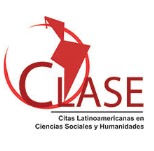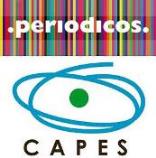"To be a father is to be present”
conceptions of fathers who respond to intimate partner violence judicial process
DOI:
https://doi.org/10.38034/nps.v31i74.679Keywords:
paterniy, violence, father, intimate partner violence, transgenerationalityAbstract
This study aims to understand the conceptions of paternity of men who respond to a legal process under the Maria da Penha Law. Three online focus groups were held, totalizing 21 participants. As a result of the Thematic Analysis, four main themes were obtained: Paternity and Gender, Educate, Fathers and their Fathers and Remarkable Moments. There was an emphasis on conceptions of fatherhood permeated by affection, presence and care, but also authority and material provision. Furthermore, the reports of father’s experiences with their own fathers promoted reflections about transgenerationality both through repetition and desire for changes. It is necessary to look at men who are perpetrators of violence against women also as fathers so as not to reduce them to the violent act. The need for studies that address paternity and its exercise in contexts of violence is highlighted.
Downloads
Downloads
Published
How to Cite
Issue
Section
License
Autores que publicam nesta revista concordam com os seguintes termos:- Autores mantém os direitos autorais e concedem à revista o direito de primeira publicação, com o trabalho licenciado simultaneamente sob uma Licença Creative Commons Attribution após a publicação, permitindo o compartilhamento do trabalho com reconhecimento da autoria do trabalho e publicação inicial nesta revista.
- Autores têm autorização para assumir contratos adicionais separadamente, para distribuição não-exclusiva da versão do trabalho publicada nesta revista (ex.: publicar em repositório institucional ou como capítulo de livro), com reconhecimento de autoria e publicação inicial nesta revista.
- Autores têm permissão e são estimulados a publicar e distribuir seu trabalho online (ex.: em repositórios institucionais ou na sua página pessoal) a qualquer ponto antes ou durante o processo editorial, já que isso pode gerar alterações produtivas, bem como aumentar o impacto e a citação do trabalho publicado (Veja O Efeito do Acesso Livre).

















